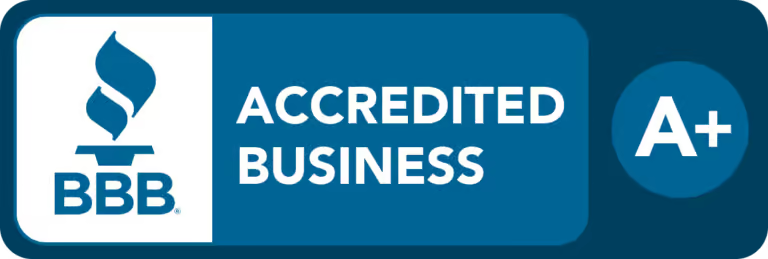Introduction: In today’s fast-paced digital world, a slow internet connection can be frustrating and hamper productivity. Whether you’re working from home, streaming your favorite shows, or simply browsing the web, a sluggish internet can dampen the experience. In this blog, we’ll explore some effective tips and tricks to help you fix slow internet and get back up to speed.
Check Your Internet Speed: The first step in addressing slow internet is to determine your current internet speed. Use online speed testing tools to measure your upload and download speeds. Compare the results with your internet service provider’s advertised speeds to see if you’re getting what you’re paying for.
Restart Your Modem and Router: Often, a simple restart can do wonders for improving internet speed. Power off your modem and router, wait for a few seconds, and then turn them back on. This can help clear any temporary glitches or cache issues that might be affecting your connection.
Optimize Wi-Fi Signal: If you’re using a Wi-Fi connection, ensure that your router is placed in a central location and not obstructed by walls or objects. Consider adjusting the antenna position or investing in Wi-Fi range extenders to improve coverage. Additionally, secure your Wi-Fi network with a strong password to prevent unauthorized access that can slow down your connection.
Manage Connected Devices: Excessive devices connected to your network can strain bandwidth and lead to slower internet speeds. Disconnect devices that aren’t in use or consider upgrading your internet plan to accommodate more simultaneous connections if needed.
Update Router Firmware: Outdated router firmware can impact performance and security. Check for firmware updates regularly and install them to ensure optimal functionality and protection.
Use Ethernet Connection: For tasks that require high-speed internet, consider using an Ethernet connection instead of Wi-Fi. Ethernet cables provide a more stable and faster connection, especially for bandwidth-intensive activities like gaming or video conferencing.
Clear Cache and Cookies: Over time, accumulated cache and cookies can slow down your browsing experience. Clearing your browser’s cache and cookies periodically can help improve internet speed and overall performance.
Run a Virus and Malware Scan: Viruses and malware can consume bandwidth and significantly impact internet speed. Regularly scan your devices for malware and viruses using reliable antivirus software and remove any threats detected.
Contact Your Internet Service Provider: If you’ve exhausted all troubleshooting options and are still experiencing slow internet, reach out to your internet service provider (ISP). They can run diagnostics, identify any network issues, and provide solutions or upgrade options to improve your internet speed.
Consider Upgrading Your Plan: If you consistently need faster internet speeds, consider upgrading your internet plan to a higher speed tier. This can provide a more seamless online experience, especially if you have multiple users or engage in data-intensive activities.
Conclusion: Slow internet can be a frustrating experience, but with the right approach, you can address the issue and enjoy faster speeds. By following the tips outlined in this blog, such as optimizing Wi-Fi, clearing cache, and contacting your ISP if needed, you’ll be well on your way to boosting your internet speed and enhancing your online productivity and enjoyment.

